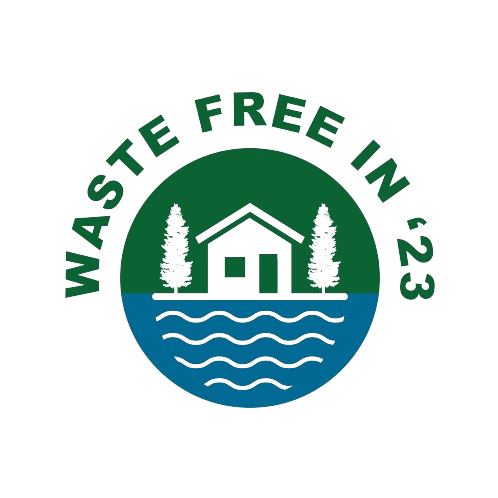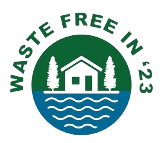SHaCK Overview: Solar Hybrid Community Kitchen

Introduction
In a world increasingly burdened by the environmental impacts of traditional cooking methods, SHaCK (Solar Hybrid Community Kitchen) emerges as a beacon of innovation and sustainability. SHaCK, a project by Waste Free ’23, leverages the power of solar energy to provide a zero-fuel, zero-pollution cooking solution that is community-designed, built, and managed. This article explores the numerous benefits, mechanisms, setup process, and additional functionalities of SHaCK.
Benefits of SHaCK
Environmental and Economic Advantages
Traditional cooking methods, such as wood or charcoal burning, are not only costly but also detrimental to the environment. Approximately 35% of the world’s population cooks with wood, leading to deforestation and pollution, and incurring an average annual fuel cost of $200 per family. SHacK eliminates these issues by providing a sustainable, cost-effective alternative. With solar photovoltaic panels now costing as little as $0.30 per kilowatt-hour, it is economically feasible to use solar energy for cooking, drastically reducing the long-term costs for communities.
Community Empowerment
SHaCK is designed to empower local communities by minimizing the need for external support, materials, or training. The solutions are low-cost and locally created, ensuring that each community can be self-sufficient.
Versatility and Accessibility
SHaCK can cook anytime, regardless of weather conditions, and supports various cooking methods, including boiling, frying, and grilling. This flexibility is crucial for ensuring that communities can prepare a wide range of meals using the available resources.
Low Maintenance
Once built, SHaCK requires minimal maintenance and can operate for over 20 years. Regular checks by a volunteer or employee can ensure the system remains secure and functional.
Beyond Cooking
SHaCK is not limited to cooking. It can also charge mobile phones, power TVs and computers, create a microgrid, provide lighting and so on. These additional functionalities make SHaCK a versatile asset for community development and empowerment.
The Full Presentation on SHaCK
Mechanism of SHaCK
Solar Energy Collection and Storage
SHaCK utilizes photovoltaic panels to collect solar energy, which is then stored as heat in a robust thermal storage system. The core components include concrete blocks, broken glass, and local sand, which together form a one-meter thick heat storage unit. This system can heat up to 200 liters of water to 95°C, which is then used for cooking.
Efficient Heat Management
The design of SHaCK ensures minimal heat loss. Insulation protects the stored energy, which is efficiently released for cooking. This mechanism not only conserves energy but also guarantees a steady supply of heat for cooking at any time of the day.
Setting Up SHaCK
Construction Process
Setting up a SHaCK involves several steps, primarily using locally sourced materials and labor. The process begins with assembling concrete blocks, broken glass, and sand to create the thermal storage unit. Oven heating elements are placed within the sand, which is then wired to the photovoltaic panels. The entire setup, including 10 kW solar panels, costs approximately $3,500 in materials, with additional local labor costs.
Initial Heating Phase
Once constructed, the system requires about seven days to heat the sand from 25°C to 200°C. During this period, the photovoltaic panels continuously supply energy to bring the thermal storage unit to the required temperature.
Operational Phase
After the initial heating phase, SHaCK is ready for use. Cooks can access 95°C water at any time, using it to prepare various dishes. The system also supports additional functionalities such as grilling and frying on sunny days.
A Detailed Schematic Presentation on SHaCK
Conclusion
SHaCK represents a transformative approach to community cooking, blending sustainability with practicality. By harnessing solar energy, it provides a cost-effective, environmentally friendly solution that empowers local communities. The simple setup process, combined with its versatile applications, makes SHaCK a vital tool for promoting sustainable living and reducing reliance on traditional, polluting cooking methods.
Got questions?
